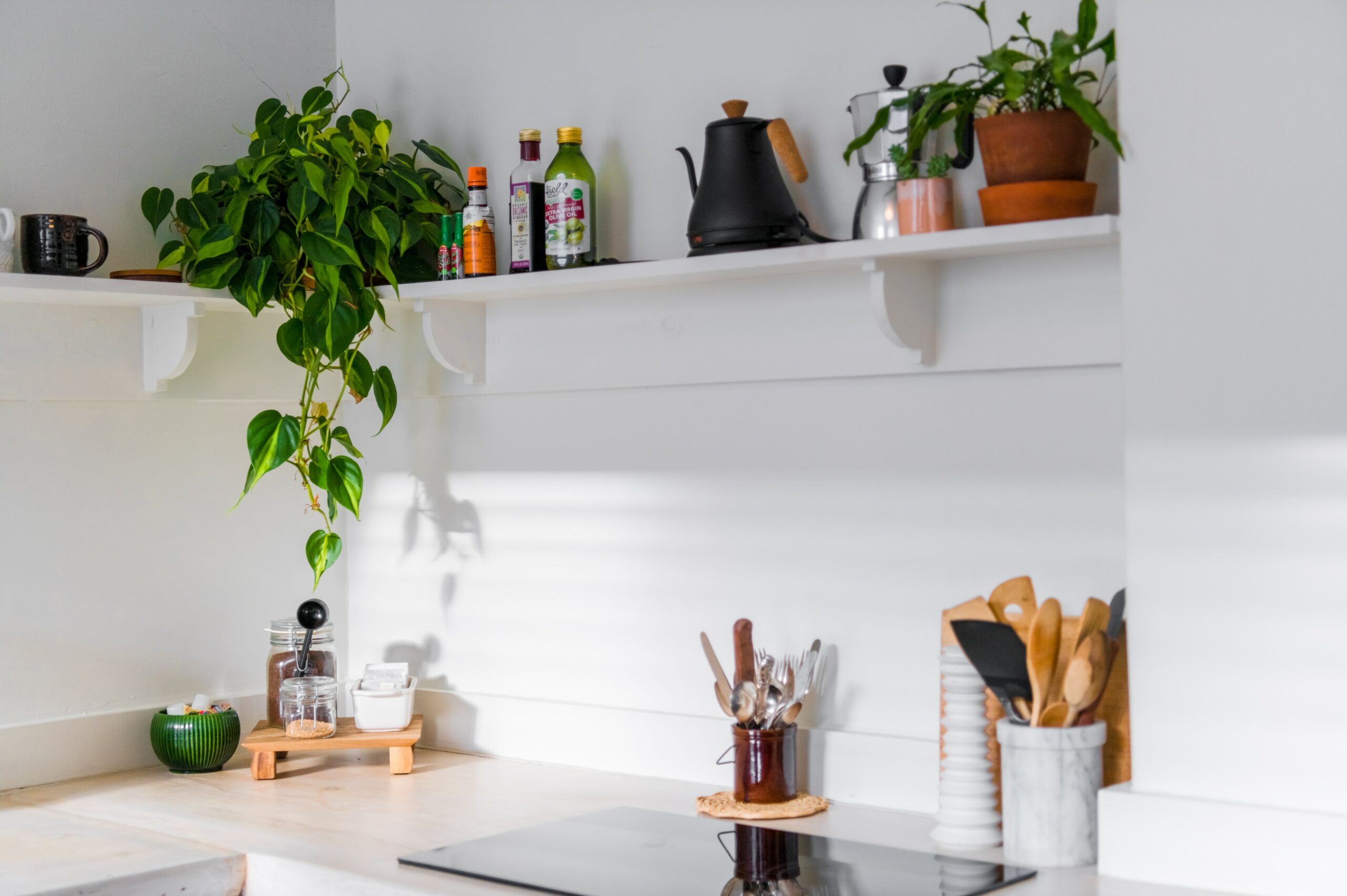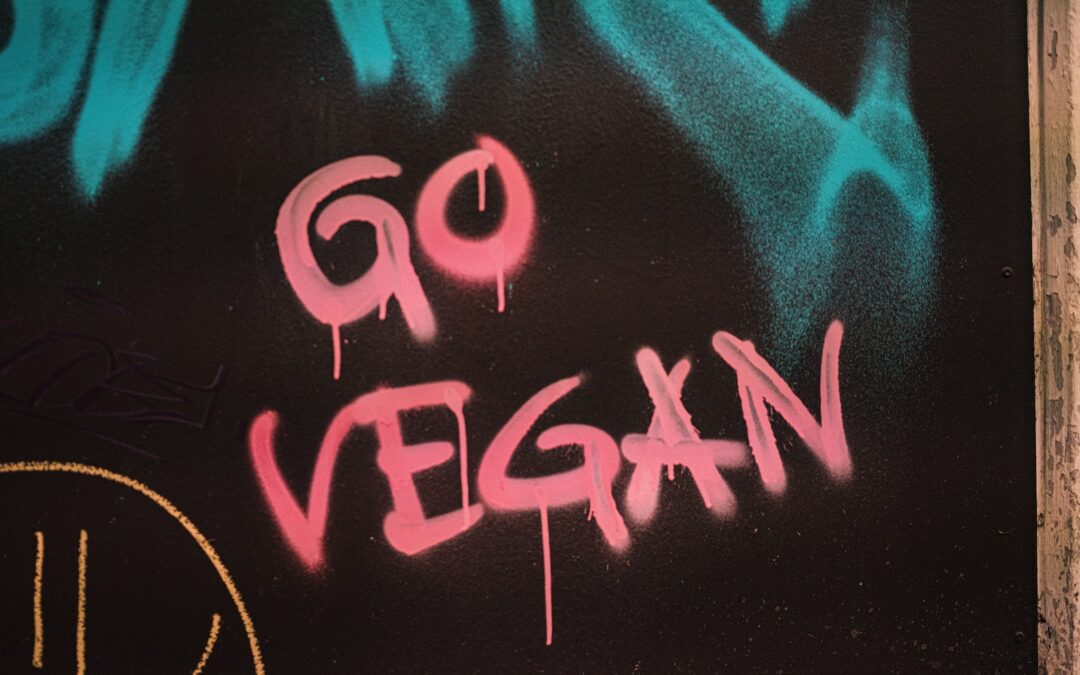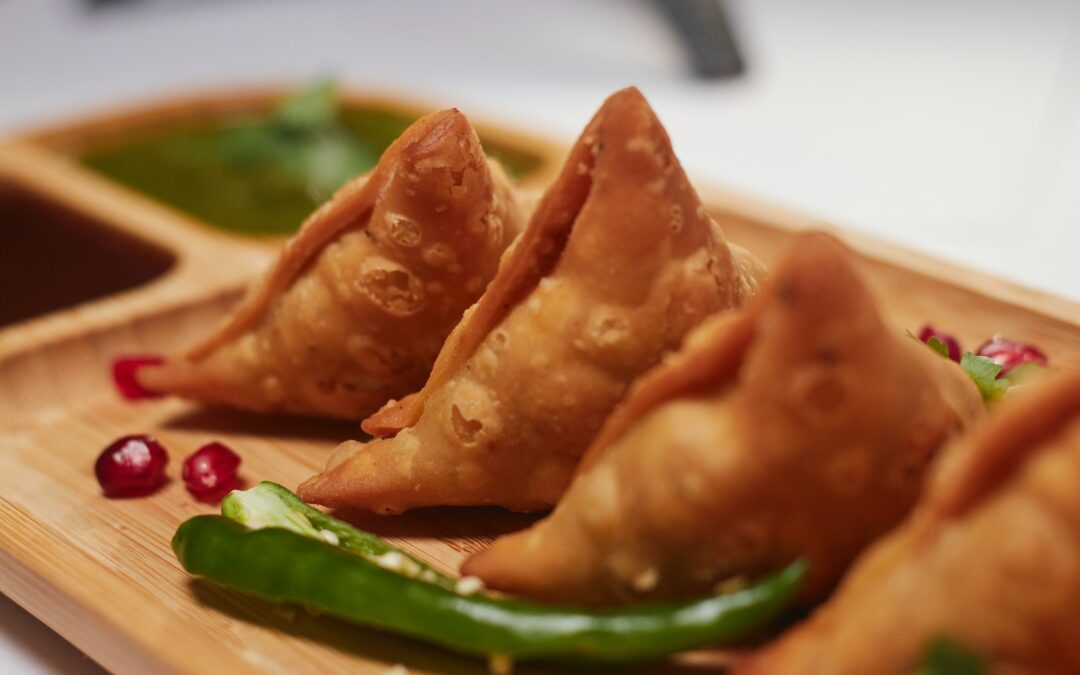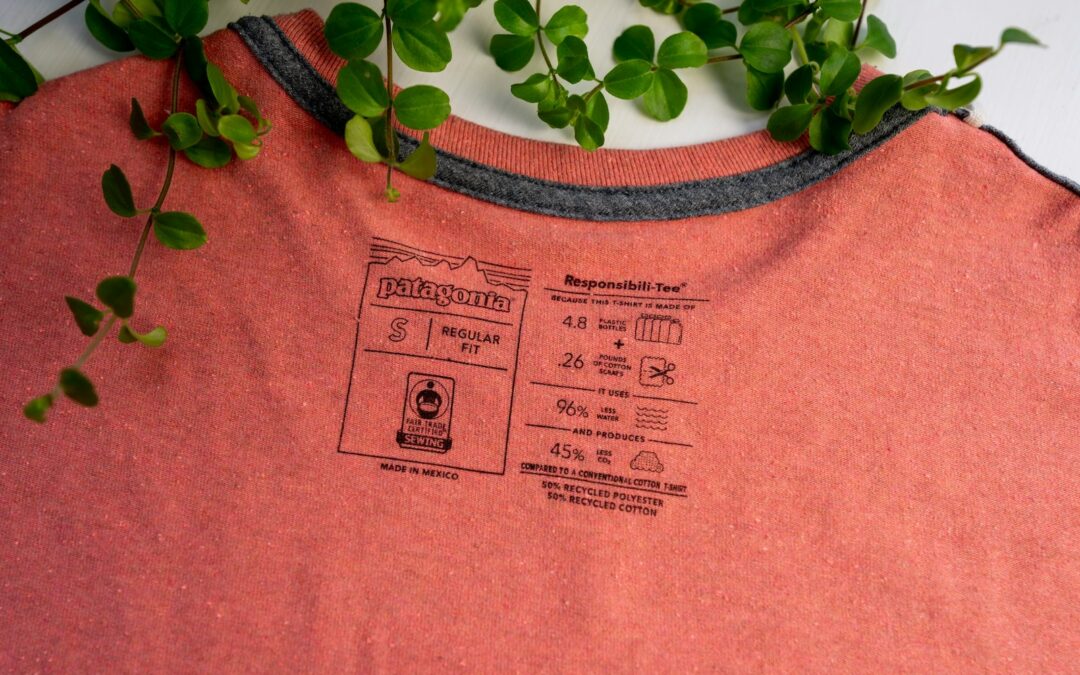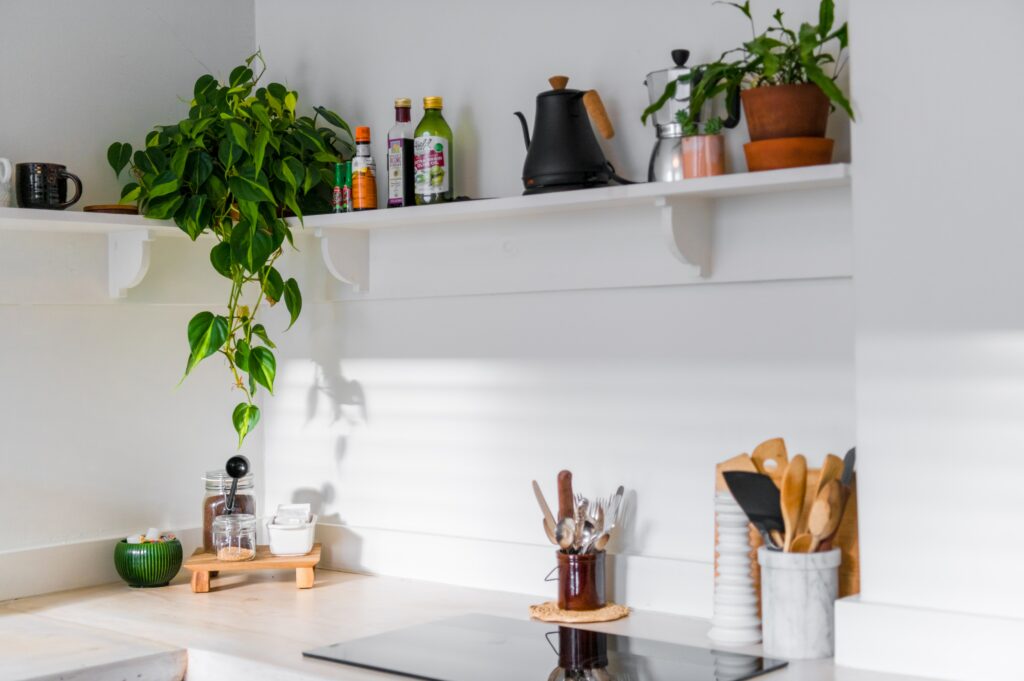
Adopting Simplicity in Your 2024 Lifestyle Choices
Embracing minimalism is more than just a decluttering fad; it’s a philosophy that strips away the non-essential, leaving room for what’s truly important. In the journey towards a simpler life, individuals discover the freedom that comes from possessing less and experiencing more. Society’s obsession with material goods can lead to crowded spaces and cluttered minds, but adopting a minimalist lifestyle pares life down to its essence, creating space for peace, creativity, and meaningful connections.
In the year 2024, the minimalist movement has evolved, reflecting a collective desire for simplicity amidst a world brimming with complexity. People are choosing to unplug from the relentless cycle of acquisition, finding joy in the sheer lack of excess. This lifestyle shift is not about deprivation, but rather about making intentional choices that align with personal values and long-term well-being. Challenging the norm, minimalists defy the pressure to own more, do more, and be more, by simply being mindful of their personal and environmental footprints.
As individuals embark on this transformative path, they often find that less really can be more. The benefits of a minimalist mindset are well-documented, promising not just a tidier living space but a clearer mind and an enriched life. Whether simplifying their home, work, or habits, those who tread this path discover that stripping back to the basics can yield an unexpected abundance of time, space, and freedom.
Key Principles of Minimalism
The principles of minimalism involve intentional living by focusing on what is truly essential. By advocating for quality over quantity and a shift in perspectives toward valuing experiences, minimalism paves the way for a more meaningful lifestyle.
Understanding Quality Over Quantity
Minimalism places great importance on quality rather than quantity. It’s not about having fewer things for the sake of it; it’s about having better things that one truly values. This mindful consumption approach encourages individuals to make thoughtful choices, investing in items that last longer, serve multiple purposes, or bring genuine joy.
The Minimalist Mindset
A minimalist mindset involves a conscious effort to simplify one’s thoughts and actions. It means being deliberate with choices, reducing distractions, and focusing on what adds value to life. It isn’t merely about physical belongings but also about decluttering the mind and life of redundant or unhelpful patterns.
Minimizing Material Possessions
The process of minimizing material possessions is at the heart of minimalist living. It’s a practical step to declutter one’s space and life. By keeping only what serves a purpose or brings happiness, individuals find clarity and freedom from the endless cycle of acquiring and managing stuff.
- Tips for Minimizing Possessions:
- Audit belongings regularly
- Dispose of duplicates
- Donate items that aren’t essential
Prioritizing Experiences
Rather than investing in the latest gadgets or fancy cars, minimalists suggest prioritizing experiences over things. Meaningful experiences, whether it’s traveling, learning a new skill, or spending quality time with loved ones, tend to contribute more to lasting happiness and personal growth.
- Examples of Valued Experiences:
- Exploring new cultures
- Engaging in community service
- Pursuing personal hobbies
Practical Steps to Embrace Minimalism
Embracing minimalism can be a transformative experience, leading to less stress and a more focused lifestyle. This section will guide readers through concrete actions they can take to simplify their lives in 2024.
Decluttering Your Space
The first step in adopting a minimalist lifestyle is to declutter your living and work spaces. Start by sorting through belongings and decide what to keep, donate, or discard. Focusing on one area at a time can make this process more manageable. The goal is to reduce the number of items to only those that are useful or bring joy.
- Steps to Declutter:
- Identify rarely used items.
- Remove duplicates.
- Recycle or donate items in good condition.
- Responsibly dispose of unusable items.
Simplifying Your Routine
To simplify one’s routine means reviewing daily activities and single-tasking instead of multitasking. By reducing the number of commitments and prioritizing tasks, one can improve efficiency and decrease anxiety. Emphasize simplicity in daily practices, including mindful eating and engaging in restorative activities.
- Simplify Your Day:
- Prioritize tasks
- Limit distractions, especially from technology.
- Allocate times for breaks and relaxation.
Mindful Spending and Consumption
A minimalist lifestyle involves mindful spending, which requires thoughtful consideration before making purchases. One should ask, “Do I need this, and will it add value to my life?” This approach can lead to sustainability, as it often results in buying fewer but higher quality items that last longer.
- Mindful Consumption Tips:
- Plan purchases in advance
- Avoid impulsive shopping
- Choose sustainable options where possible
Creating a Capsule Wardrobe
A capsule wardrobe is a limited selection of interchangeable clothing pieces that complement each other. By curating a capsule wardrobe, one can save time, reduce decision fatigue, and still maintain a stylish and functional wardrobe that transcends seasonal trends.
- Capsule Wardrobe Essentials:
- Neutral-colored tops and bottoms
- A few accent pieces for a pop of color
- Quality over quantity to ensure longevity
Improving Well-being Through Minimalism
Adopting a minimalist lifestyle can lead to significant improvements in well-being, particularly by reducing stress and enhancing mental and physical health. This shift towards simplicity supports a life enriched by meaningful experiences and connections.
Mental Health Benefits
Embracing minimalism can lead to less stress and improved mental health. The act of decluttering and focusing on essential items only can help to create a sense of calm and order. Practices like mindfulness and journaling are often fundamental parts of a minimalist lifestyle, helping individuals to stay grounded and present.
- Key practices:
- Mindfulness: Cultivating a focused awareness on the present moment.
- Journaling: Writing down thoughts and reflections to increase self-awareness.
Physical Health and Minimalism
A minimalist approach can also foster physical health through the promotion of an environment with fewer allergens and toxins. The minimalist emphasis on quality over quantity can translate to selecting healthier, more nourishing food and engaging in more intentional self-care activities.
- Benefits:
- Cleaner environment: Reduced clutter can decrease dust and allergens.
- Intentional purchases: Choosing higher-quality items, including food and clothing, supports better health choices.
The Role of Support and Community
Support from a community or family can make the transition to a minimalist lifestyle much smoother. Shared experiences in decluttering or swapping tips for simple living can reinforce one’s commitment to minimalism and its benefits.
- Support forms:
- Community groups: Online forums or local meetups for minimalists.
- Family involvement: Delegating areas of the home to declutter together.
Maintaining a Minimalist Lifestyle
To sustain a minimalist lifestyle, one should incorporate practices of gratitude and slow living. Less stress can be maintained by regularly reassessing possessions and commitments. Encouraging family participation and celebrating small victories are key to keeping the lifestyle rewarding and manageable.
- Maintenance tips:
- Regular assessments: Checking in monthly to remove excess items.
- Gratitude practice: Acknowledging and appreciating what one has.
